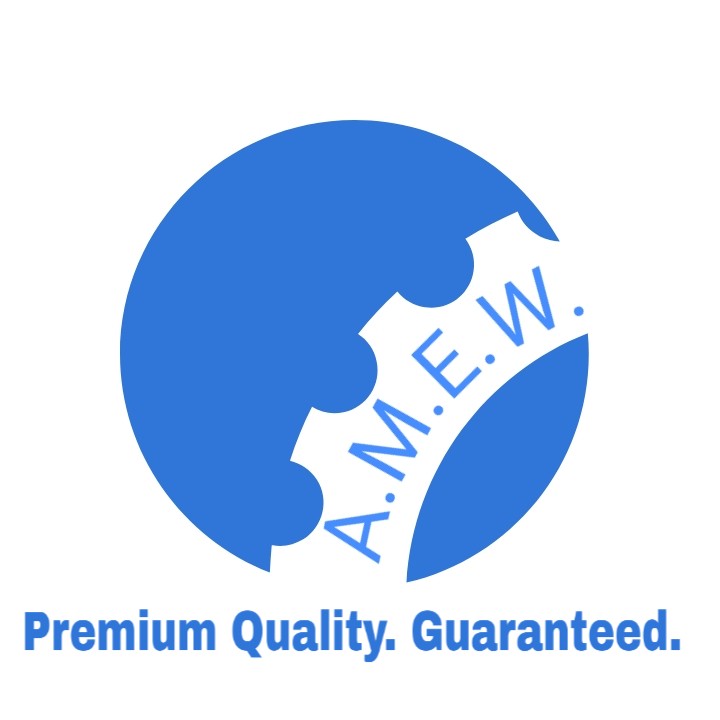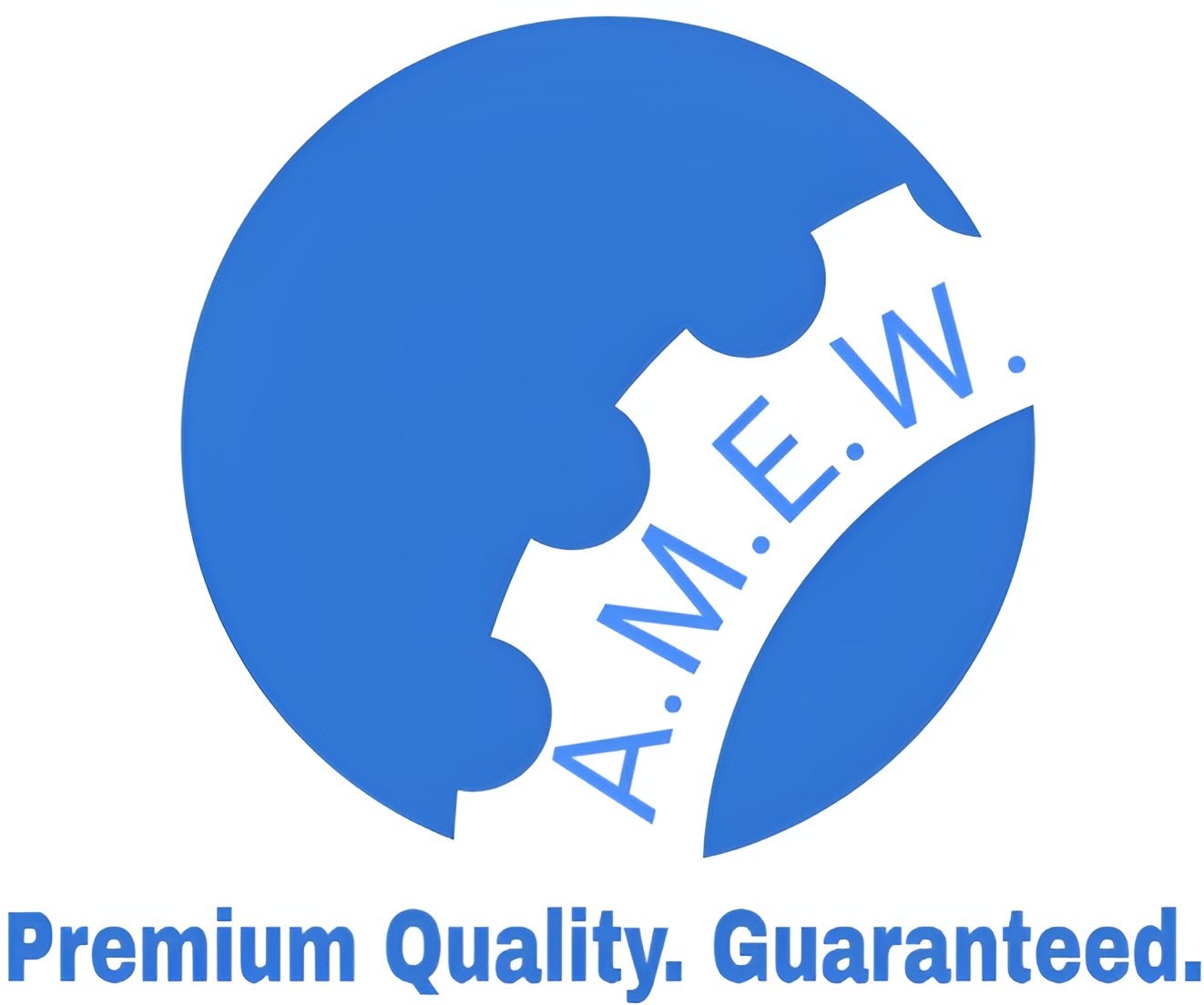Description
Forged Blocks, Valve Body, Flats & Forged Beams: SEO-Optimized Guide
Forging is a manufacturing process that imparts superior mechanical properties to metal components, making them stronger, more durable, and reliable. Forged products like blocks, valve bodies, flats, and beams are critical in industries such as construction, oil and gas, automotive, power generation, and more. This guide provides a detailed explanation of these forged components, their applications, and the material grades available.
Forged Blocks
What Are Forged Blocks?
Forged blocks are solid metal blocks produced through the forging process, where intense heat and pressure are applied to raw metal to refine its internal structure. These blocks are often used as raw material for further machining or as structural components in heavy industries.
Applications of Forged Blocks:
- Tool and Die Industry: Used to make heavy-duty dies and tooling equipment due to their strength and machinability.
- Oil & Gas Industry: Forged blocks are used in critical components such as flanges, manifolds, and pressure vessels.
- Heavy Machinery: Used as key structural components in the construction of machinery and equipment.
Key Features:
- Exceptional Strength: Forged blocks have enhanced mechanical properties, such as higher toughness and resistance to fatigue.
- Custom Machinability: These blocks can be further machined into custom shapes and sizes based on the application’s needs.
- Versatile Material Options: Available in various material grades, including carbon steel, alloy steel, and stainless steel, to suit specific industrial requirements.
Forged Valve Bodies
What Are Forged Valve Bodies?
Forged valve bodies are the main housing components of valves used to regulate the flow of fluids in pipelines. The forging process ensures that these valve bodies are highly resistant to pressure, wear, and corrosion, making them ideal for critical applications.
Applications of Forged Valve Bodies:
- Oil & Gas Pipelines: Valve bodies are used in high-pressure pipelines to regulate the flow of oil, gas, and other fluids.
- Chemical Processing: They are essential in controlling corrosive and hazardous fluids in chemical plants.
- Power Generation: Valve bodies are used in boilers and turbines to manage high-temperature steam flow.
Key Features:
- Pressure Resistance: Forged valve bodies are built to withstand extreme pressure and temperature conditions.
- Corrosion Resistance: Stainless steel and other corrosion-resistant alloys ensure long-lasting performance in harsh environments.
- Precision Forging: Valve bodies are manufactured with tight tolerances to ensure leak-proof operation in critical systems.
Forged Flats
What Are Forged Flats?
Forged flats are flat, rectangular bars or sheets of metal that are forged to offer high strength and durability. These components are used in various structural and mechanical applications due to their exceptional load-bearing capacity and flexibility in fabrication.
Applications of Forged Flats:
- Construction Industry: Forged flats are used in structural components such as beams, supports, and frames.
- Automotive Industry: Employed in the manufacturing of heavy-duty vehicle parts like axles, suspension components, and chassis.
- Industrial Machinery: Used in the construction of industrial machinery due to their high wear resistance and toughness.
Key Features:
- High Load Capacity: Forged flats are known for their ability to handle heavy loads without deformation.
- Wear Resistance: These components are ideal for applications where abrasion and impact resistance are critical.
- Custom Dimensions: Forged flats can be produced in various sizes and thicknesses to meet specific design and performance needs.
Forged Beams
What Are Forged Beams?
Forged beams are structural elements forged from metal to achieve high strength and durability. They are widely used in construction, bridges, heavy machinery, and other applications where structural integrity is essential.
Applications of Forged Beams:
- Construction Industry: Forged beams are used in the construction of buildings, bridges, and other infrastructure where strength and load-bearing capacity are essential.
- Heavy Machinery: These beams serve as critical support components in industrial and construction equipment.
- Marine Industry: Used in shipbuilding and offshore structures, forged beams offer superior corrosion resistance and strength in harsh marine environments.
Key Features:
- High Structural Strength: Forged beams are designed to bear heavy loads, making them ideal for large-scale construction projects.
- Durability & Longevity: Forging enhances the structural integrity and fatigue resistance of beams, ensuring they last longer under extreme conditions.
- Custom Sizes: Forged beams can be produced to meet specific size and weight requirements for various engineering projects.
Material Grades for Forged Blocks, Valve Bodies, Flats & Beams
| Material Grade | Description | Key Properties | Applications |
|---|---|---|---|
| Carbon Steel (A105) | Widely used for forged components due to its strength | High toughness, machinability, and durability | Forged blocks, valve bodies, flats, and beams in construction and oil & gas |
| Alloy Steel (4140/4340) | Chromium-molybdenum alloy steel with high tensile strength | Excellent fatigue resistance, toughness, and wear resistance | Forged blocks, valve bodies, and flats in heavy machinery and automotive industries |
| Stainless Steel (304/316) | Corrosion-resistant steel suitable for harsh environments | High corrosion resistance and temperature performance | Valve bodies, forged flats, and beams in chemical processing and marine industries |
| Inconel (625/718) | Nickel-chromium superalloy for high-temperature applications | Superior heat resistance, pressure resistance, and strength | Valve bodies and components for aerospace, oil & gas, and power generation |
| Duplex Stainless Steel | Combines austenitic and ferritic stainless steel properties | High strength, excellent corrosion resistance | Valve bodies and components in aggressive environments like chemical and marine applications |
| Titanium Alloys | Lightweight, high-strength metal for aerospace and marine | Excellent strength-to-weight ratio, corrosion resistance | Valve bodies, blocks, and structural components in aerospace and offshore platforms |
Benefits of Forged Blocks, Valve Bodies, Flats & Beams
- Superior Mechanical Properties: Forged products offer greater strength, toughness, and fatigue resistance compared to cast or machined components.
- Versatility in Design: Forging allows for custom shapes, sizes, and dimensions to meet specific industry requirements.
- Enhanced Durability: Components like valve bodies, beams, and flats benefit from improved wear and corrosion resistance, especially when forged from stainless steel or specialty alloys.
- Cost-Effective: Forging is a cost-effective process for high-volume production, reducing material waste while delivering precision-engineered components.
- Wide Material Availability: From carbon steel to exotic alloys like Inconel and titanium, forged products can be manufactured to suit diverse application needs.






